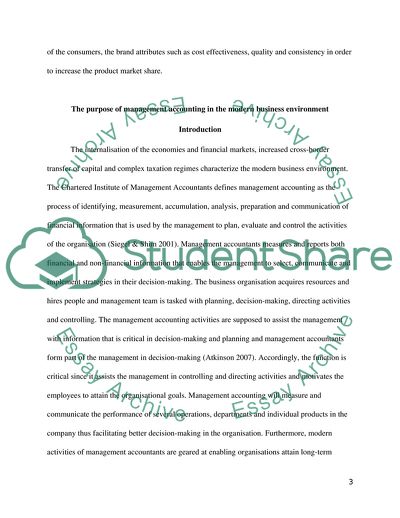Cite this document
(Management Accounting Essay Example | Topics and Well Written Essays - 2500 words - 5, n.d.)
Management Accounting Essay Example | Topics and Well Written Essays - 2500 words - 5. https://studentshare.org/management/1830734-management-accounting
Management Accounting Essay Example | Topics and Well Written Essays - 2500 words - 5. https://studentshare.org/management/1830734-management-accounting
(Management Accounting Essay Example | Topics and Well Written Essays - 2500 Words - 5)
Management Accounting Essay Example | Topics and Well Written Essays - 2500 Words - 5. https://studentshare.org/management/1830734-management-accounting.
Management Accounting Essay Example | Topics and Well Written Essays - 2500 Words - 5. https://studentshare.org/management/1830734-management-accounting.
“Management Accounting Essay Example | Topics and Well Written Essays - 2500 Words - 5”. https://studentshare.org/management/1830734-management-accounting.


